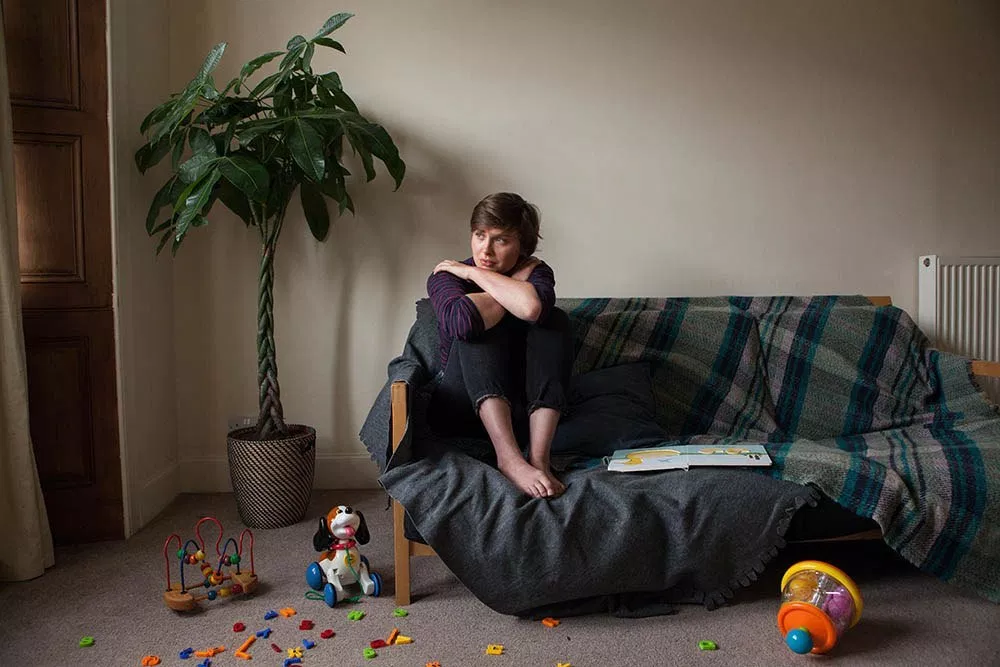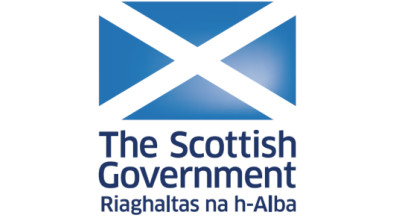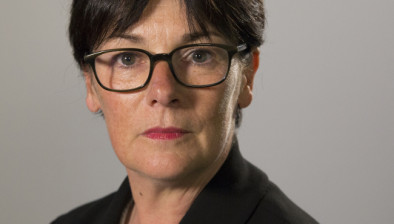Council funding plans ‘threaten future’ of Highland domestic abuse services

The Highland Council’s plans for a single provider to deliver domestic abuse services for all genders puts the future provision of support for women, children and young people under threat, a charity has warned.
The current proposal, now under consultation, is to open funding submissions for a single provider to deliver domestic abuse services for all genders across all areas of the Highlands.
With several contracts currently under review, the council said it is “looking to maximise public value” for its expenditure and plans to issue a Prior Information Notice (PIN) to test the market to see if there are potential service providers who could demonstrate a lead provider model which would cover all domestic abuse victims across the region.
“This will enable us to reach out to wider partners to better understand the needs of our communities,” the council added. “This notification will help us determine whether a lead provider model is viable and will ensure that all potential providers can engage with us as we seek to deliver improved domestic abuse services across Highland.”
However, Scottish Women’s Aid has warned the plans could see the closure of several of its services.
Inverness Women’s Aid, Lochaber Women’s Aid, Ross-shire and Skye Women’s Aid, and Caithness and Sutherland Women’s Aid will cease to provide services within the not-too-distant future if there is no specific funding proposition for expert Women’s Aid services, it said.
The charity added: “These Women’s Aid groups are already underfunded to deliver what is an essential, often life-saving service. Any reduction in funding will result in even less opportunity to support women, children and young people affected by domestic abuse.
“Furthermore, if the proposed funding model separates allocations for outreach and refuge services, and Women’s Aid services do not receive sufficient outreach funding, the refuge funding alone will be inadequate to keep them operational. These Women’s Aid services collectively support over 1000 women and over 250 children and young people each year and their closure will have a devastating impact on women, children and young people seeking support for domestic abuse in the future.”
Scottish Women’s Aid has also criticised the impact that a procurement model for domestic abuse services for all genders can have on gender-based violence.
It said: “Competitive tender of domestic abuse services for all genders as a procurement model does not work for gender-based violence. A clear majority of victims of domestic abuse are women, and the vast majority of perpetrators are men. Traumatised women, children and young people need safe spaces away from men. Extensive research has shown that their support needs are different.
“The proposed model diminishes the value of the decades of expert, specialist support these Women’s Aid services have provided to women across the Highlands and directly contravenes the Scottish Government’s commitment to preventing and eradicating violence against women and girls through the Equally Safe Strategy. These services have continued to operate with limited funding to provide the essential safety and support women need to recover within a safe space. If these services close this expertise will be lost.
“As there is far more demand for domestic abuse support services from women, the one-stop shop model will ultimately reduce the funding for women’s services and reallocate funding to men. The single-service model will eliminate the option for women to choose a service that makes them feel safe. Women’s Aid groups support services for men but these must be proportionate to the demand.”
In addition, the charity has warned the Highlands are “too vast for centralisation”, adding that underserved regions pose a risk to the lives and wellbeing of women, children and young people.
Dr Marsha Scott, CEO of Scottish Women’s Aid, said: “Scottish Women’s Aid understands this is a challenging economic context in which local authorities are under increased pressure to make savings. However, women, children and young people living with domestic abuse cannot bear the burden of Local Government financial challenges. Keeping women and children safe should be a significant priority in response to Scotland’s current economic challenges.
“The local women’s aid services are grass-roots services that have grown out of their communities to help the women and children in local families. This proposed commissioning strategy wipes out decades of support for the people and the services your communities have developed and nurtured.”
As it develops its approach to consultation, the Highland Council said it has taken advice from its shared procurement service in relation to the contracts it currently has with the region’s four Woman’s Aid groups.
The council said: “The lead officer responsible for undertaking this review attended a seminar last year specifically in relation to SWA and COSLA ‘Good practice in commissioning guidance’. The drafting of the specification for domestic abuse services will reflect these best practice principles and continues to be developed with feedback from the Highland Violence Against Women Partnership, the four local Women’s Aid Groups and Women’s Aid Scotland. This engagement also includes the voice and testimony of service users.”
It added: “We recognise and acknowledge the concerns that have been raised by the Women’s Aid groups and will continue to take cognisance of their views and those of other stakeholders as we develop our model. No final decision has been taken on the future funding and service delivery model and the process of review outlined is very much in the ‘consultation’ stage.
“We hope that we can continue to work with stakeholders as we draft the specification and PIN and consult more widely before considering our next steps in any tender process. We will continue to support the current funding model during this process.”









